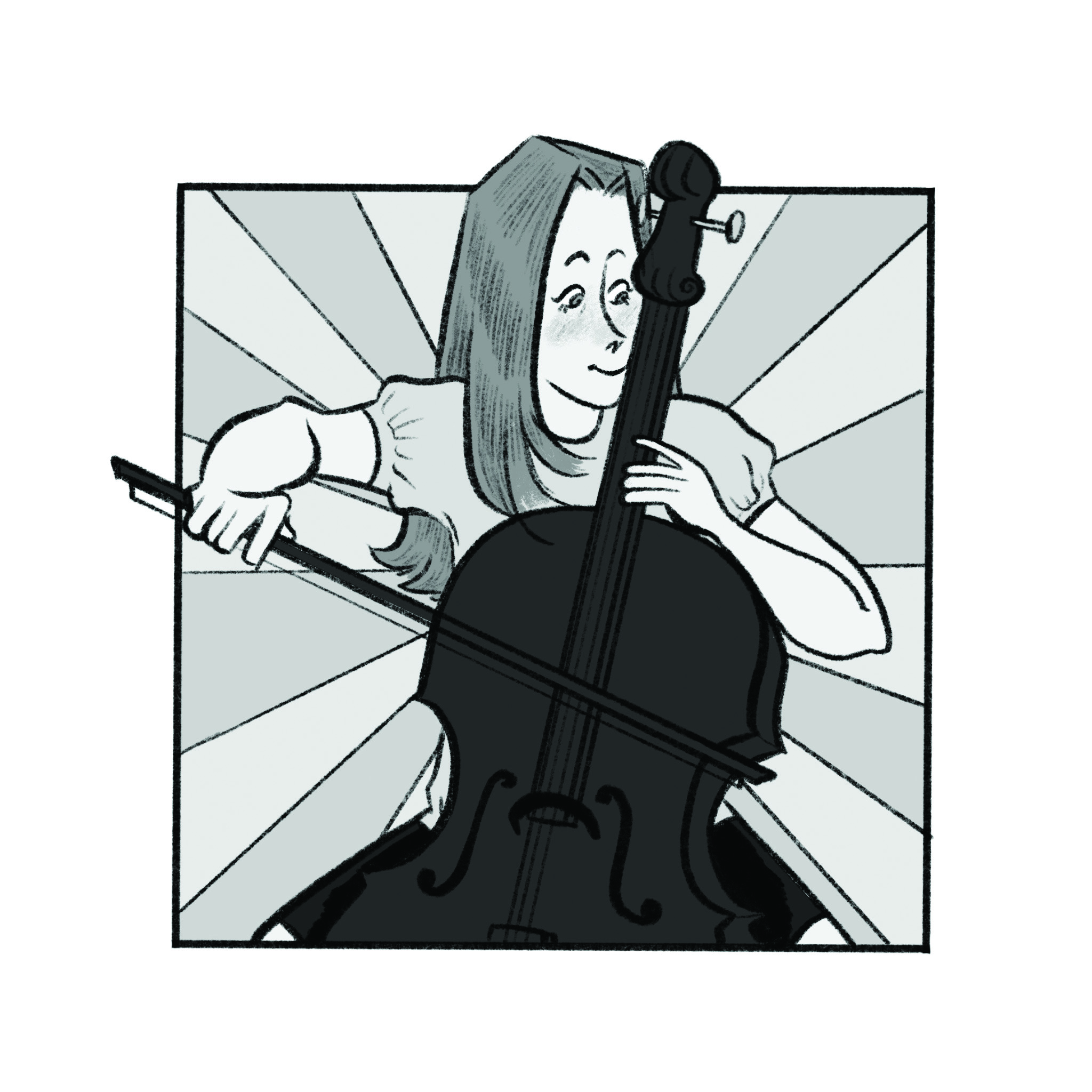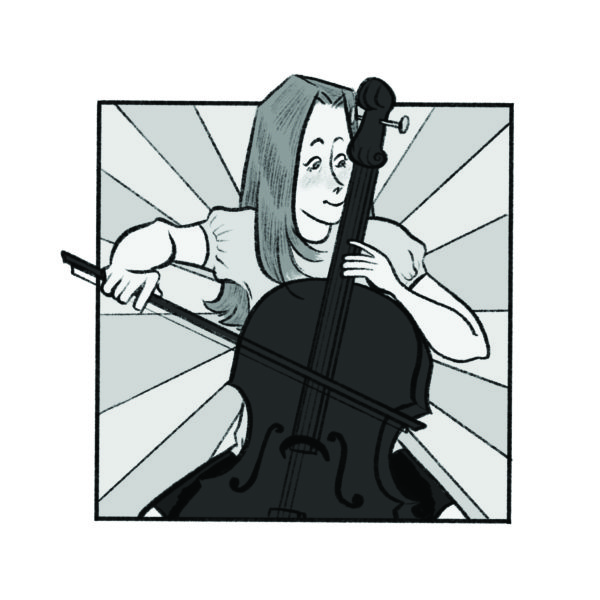

With so many different genres of music on the rise such as rap and pop, many fail to recognize classical music’s influence on modern-day music. Bach is credited by some with composing the first jazz piece, and Mozart’s four-chord melody is an inspiration for many modern songs such as “Coming 2 America” by Ludacris and “Lacrymosa” by Evanescence.
Classical music still has prevalence in pop culture. YouTube channels such as TwoSetViolin, with almost two million subscribers, or 2 Cellos, with almost five million, use classical music as a form of entertainment.
“A lot of [other] pop [music] draws on classical [music] as well, especially movie music,” said senior Kevin Yang. “A lot of it is based on romantic classical music and on the experimentation of composers in the 20th century.”
Simone Hsu, a junior in the Aragon Orchestra program, commented on the levels of exposure to the classical genre.
“I think right now … classical music has been geared towards older audiences. I think there’s the most awareness in that … demographic of people,” Hsu said. “I think that there’s a lot of other kinds of music where the intended audience is younger people and that makes it so that classical music is kind of less prevalent, especially in younger circles.”
“It’s really up to the different pieces that [one] could present. There’s plenty of stories that could be told”
Yang also described how, alongside exposure, awareness depends on what is presented to the audience. Many composers have interesting backstories that may not be heard without looking below the surface.
“It’s really up to the different pieces that [one] could present. There’s plenty of stories that could be told. For example, there’s a lot of composers who tried to compose under governments that didn’t like it; the USSR comes to mind,” Yang said. “There are quite a few composers like Shostakovich or Prokofiev who fought government censorship. There’s a lot of interesting stories out there.”
A lot of pieces are impacted by the composers’ lives and presents the various emotions the artists felt during that time in their lives. Pieces can be based on people, places and even the seasons.
“I’m not sure how it goes for everyone else, but I think [classical music is] an integral part of … my life. It’s great for expressing things that may not be easy for us to say ”
The level of exposure differs from person to person. Some people have had exposure to musical instruments and classical music from a young age, while others have never touched an instrument before.
“I’m not sure how it goes for everyone else, but I think it’s still an integral part of … my life. It’s great for expressing things that may not be easy for us to say,” Yang said. “For me, it’s a really good … creative outlet. I think for those of us who are fans of that, it’s still a big part of us.”
Most people nowadays have an instant gratification mindset that has increased the popularity of pop songs as they are only four to five minutes, with an immediate chorus or hook. A lot of the classical music contains repetitive notes within movements, which is viewed as boring.
Freshman Brieann Hager spoke on why she doesn’t like classical music.
“It’s more instrumental [and has] no lyrics, and it’s kind of [lacking] action in the sense that it doesn’t go high and then low,” Hager said.
Although there is some classical music that does have words, such as opera, they are usually in a different language, and can’t be related to in the way that the catchy lyrics of pop songs can.
“I think [classical music] can be enjoyed by everyone. I think it’s just a matter of exposure”
Another deterrent is the etiquette of classical concerts. Many concerts don’t allow clapping in between movements and even frown upon sneezing during a performance. This is a huge contrast from the noise-filled music concerts that most teens are familiar with. Because of classical music’s difference from modern-day culture, it doesn’t leave a lot of room for the wealth of fans that pop music has.
Although classical music is not as widely listened to as it was before, there are still many musicians and fans of all ages who embrace classical music. It may not be for everyone, but with more exposure to classical music within mainstream media, the classical community is ever-growing.
“I think it’s something that can be enjoyed by everyone. I think it’s just a matter of exposure. I don’t think that classical music should be geared exclusively towards any audience,” Hsu said. “I think historically and culturally it is, but I think that’s something that should change. And I think it’s something that is changing.”






